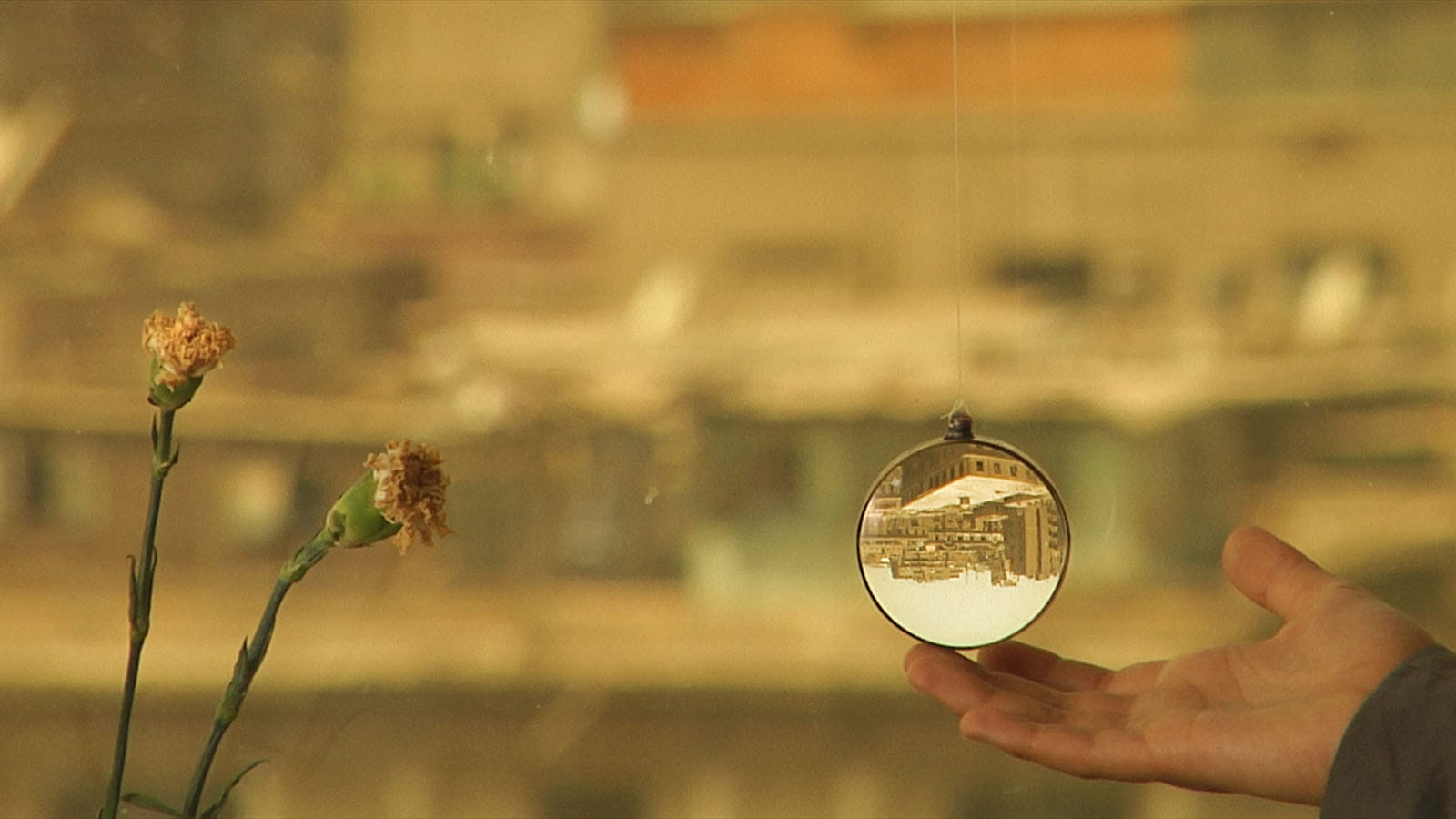In the Last Days of the City

It’s been over two years since Tamer El Said’s In the Last Days of the City premiered at the Berlin International Film Festival and then screened in New York as part of the 2016 edition of New Directors/New Films. Having wound its way through the festival circuit, this elegiac portrait of Cairo that blends elements of documentary and fiction is finally seeing a limited release in the States, and is currently playing at the Laemmle Monica in Los Angeles.
At the Talkhouse, the director looks back on the process of his attempt at capturing Cairo, where he’s lived most of his life. “It’s the city that made me what I am,” he writes. “The main source of inspiration for my work was—and still is—to try and learn how to film Cairo in a new and cinematic way, how to reflect and create the ‘Cairo experience’ on screen.”
As Ben Kenigsberg notes in the New York Times, the challenges of documenting the city are shared by the film’s protagonist, “a Cairo filmmaker in the process of making a movie about—well, it’s not clear that he knows himself. He’s after an elusive essence. ‘There’s something I can’t capture in all this,’ he says. ‘In the people on the street, in the crowds, in the noise.’”
Reviewing the film for the Nation, Stuart Klawans suggests that we “could locate it within world cinema’s heritage of city symphonies (the place, in this instance, being Cairo); the line of intensely imagistic, narratively unsettled Arab-language pictures best represented by the Syrian avant-garde (whose filmmakers, I fear, might now be worse than embattled); or the Western European tradition, perfected by Michelangelo Antonioni, of movies about sad, lonely people walking around and staring at things. All these triangulating references are apt—and yet they don’t give you a fix on El Said’s picture, because it simply won’t sit still.”
And finally, Imogen Sara Smith, writing for Film Comment, considers the ways that In the Last Days of the City “expresses the anguish of loving impossible cities: places that batter their inhabitants with war, violence, political or religious oppression, yet keep a hold on them with beauty, memory, an ineffable sense of belonging.”



